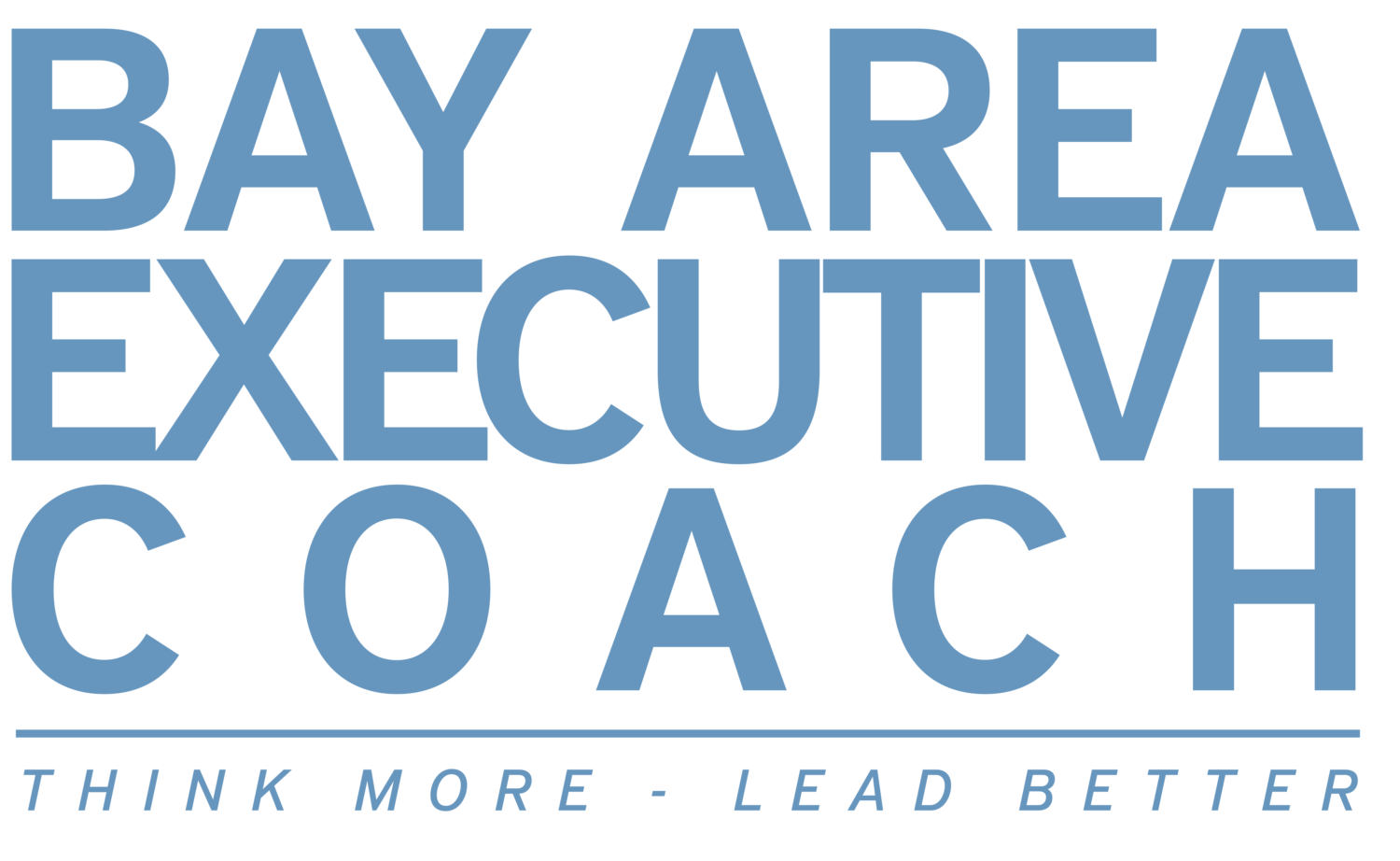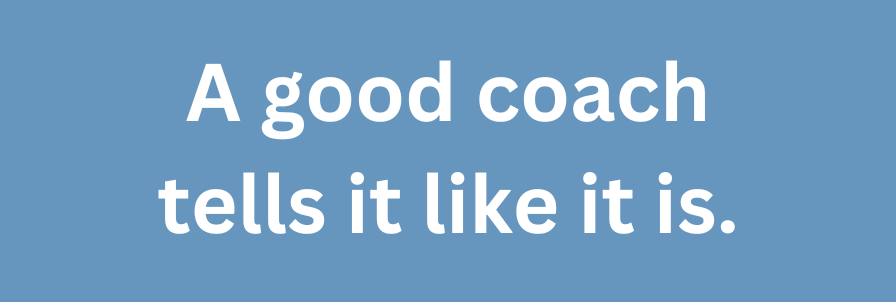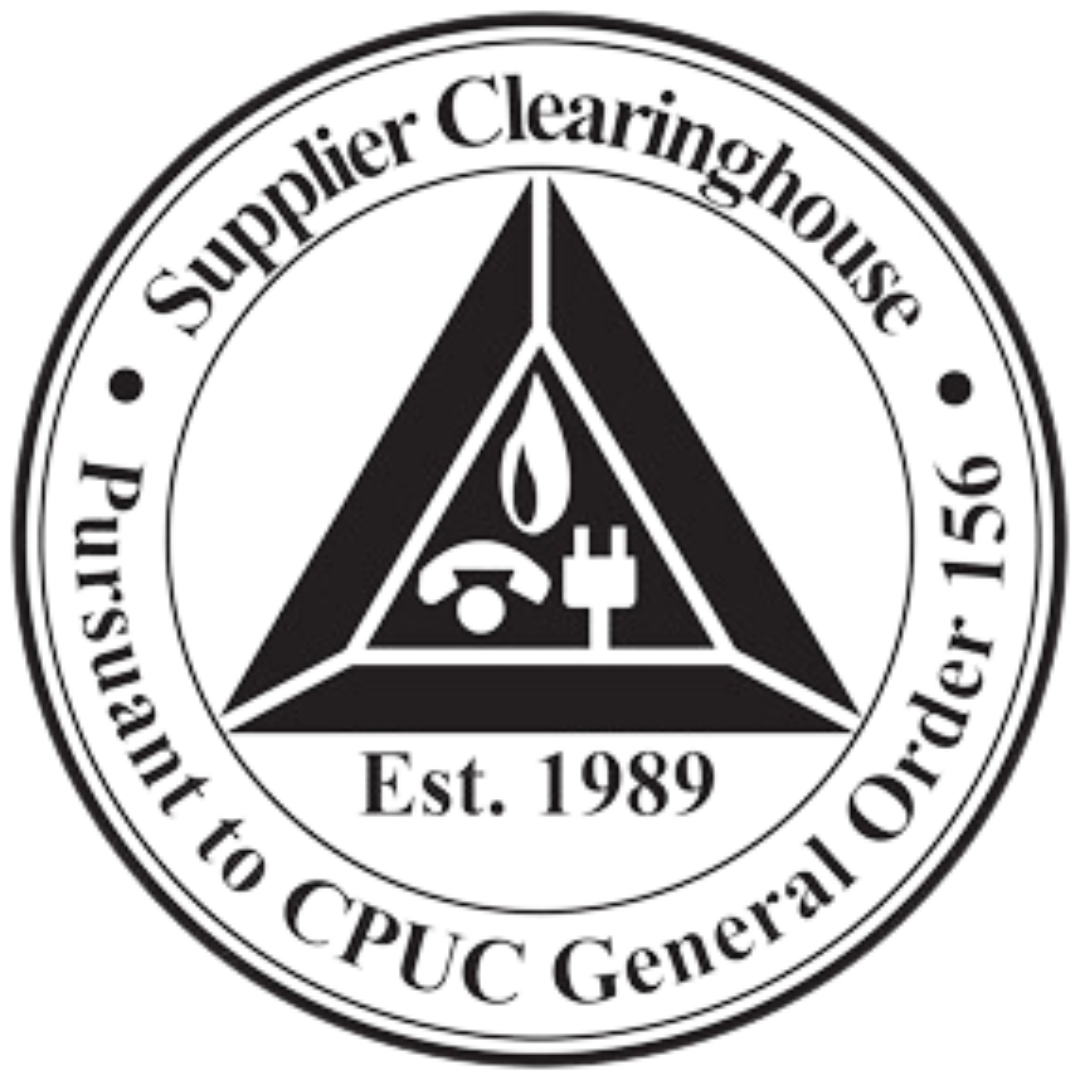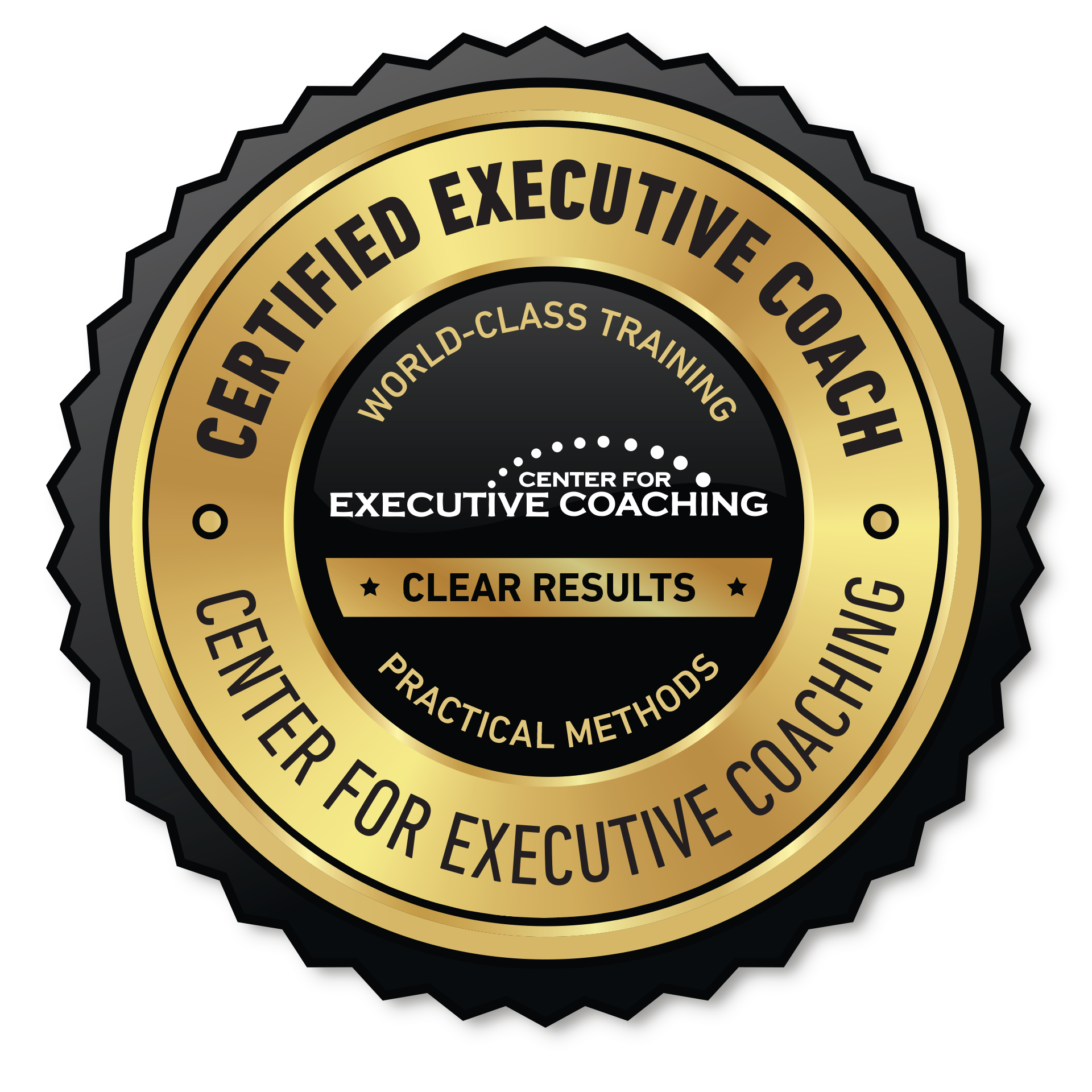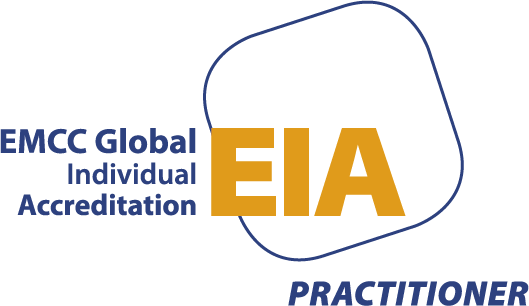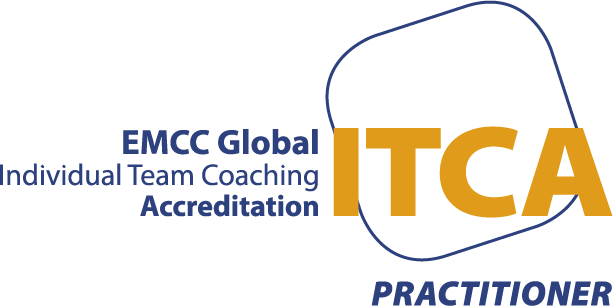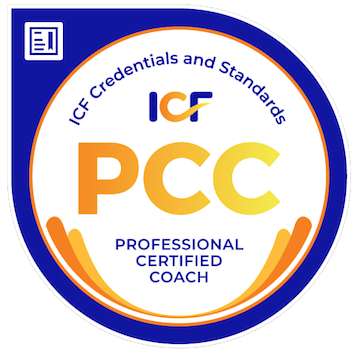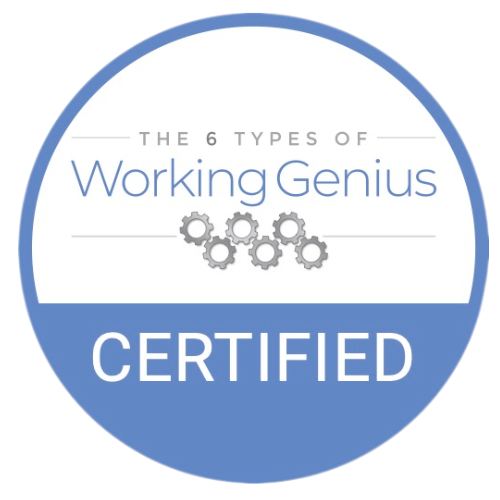While every coach has his or her own style, there are distinct roles and functions that every competent executive coach incorporates into their practice. Let’s look at a few of the essential ones.
- They listen carefully and thoughtfully to understand the individual’s or team’s circumstances, and they ask probing questions that generate new insights.
Executive coaches provide a confidential and supportive sounding board for their clients. They ask questions, challenge assumptions, help achieve clarity, provide resources, and even, when asked specifically, provide advice. They conduct confidential interviews to help clients gain self-awareness and establish development goals.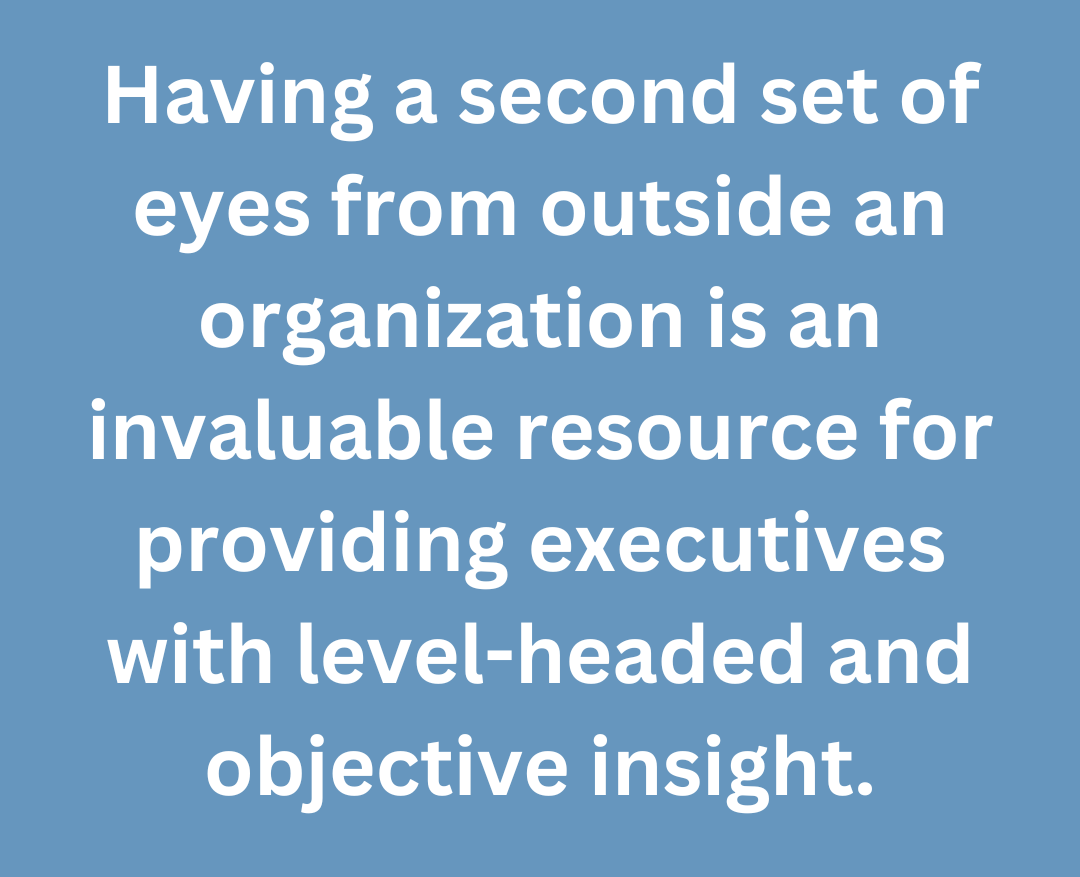
- They administer and interpret behavioral assessment tools.
Many executive coaches are trained and certified to issue and debrief various assessments and 360s. These tools can be extremely useful for identifying or discovering the client’s strengths, blind spots, typical behaviors, and values. The information so derived can then be used to inform the coaching process.
- They provide objective assessment and observations that foster the individual’s or team’s self-awareness and awareness of others.
Having a second set of eyes from outside an organization is an invaluable resource for providing executives with level-headed and objective insight. By channeling this insight, the executive coach helps a leader engage the right people for any given situation (including stakeholders, partners, investors, and clients) and design a tailored roadmap for success. Furthermore, by leveraging the practices of self-awareness and awareness of others, – both prime components of emotional intelligence – the executive coach helps clients better understand themselves and the people they interact with.
- They provide honest and unbiased feedback.
A good coach tells it like it is. This feedback is non-judgmental and constructive, and designed to help clients break through to a new and clearer understanding of themselves, namely how they show up and affect others.
- They foster shifts in thinking that reveal fresh perspectives.
It’s easy for any leader to get stuck in a pattern of behavior when it comes to managing or leading a company. So often the tendency is to settle for “things that work” without considering alternatives that might work better. A good executive coach can open an executive’s eyes to these new possibilities, revealing game-changing potentials that lay dormant or hidden. By challenging leadership assumptions and blind spots, the coach illuminates new possibilities that support the creation of alternative and successful scenarios.
- They maintain professional boundaries in the coaching relationship, including confidentiality, and adhere to the coaching profession’s code of ethics.
Executive coaches hear a lot of things that must remain confidential. Any breach of this confidentiality is a serious violation of the coaching profession’s code of ethics. What happens in a coaching session must definitely stay in a coaching session. The inherent confidentiality of this relationship allows for transparent and intimate conversations that can accelerate professional growth.
- Prepare for difficult conversations.
Leaders must hold difficult conversations regularly. Many of them are high-stakes and must go well. An executive coach helps the leader to frame the conversation from multiple perspectives and prepare thoroughly for a variety of scenarios. Roleplay is often used so the leader can hear themselves say their opening out loud, which often stimulates a better approach. Afterwards, the coach and client might debrief the conversation and think of ways to improve upon the leader’s ability to have such conversations in the future.
- Gain the perspective of others.
There is great value in learning how others see us. Few of us seek such feedback to then take action towards improvement. An executive coach can initiate and execute this process by holding confidential and private interviews with a group of people who work closely with the executive being coached. The coach would then sift through the feedback looking for patterns of behavior and insights that can help the client gain intelligence on positive changes they can make to be even more effective.
Focused on the Future
While counseling and psychotherapy so often focus on an individual’s past experiences, executive coaching is sharply focused on the future. How should the executive think about and plan for the future? What can he or she do better while moving forward? What growth potentials or exciting opportunities are there to seize? How can a leader develop and project a stronger leadership persona?
In essence, executive coaches do a lot to help their clients become more effective leaders in a shorter period of time. If you would like to explore the opportunity to be coached by an experienced and credentialed coach, contact us to learn more about our executive coaching and team coaching services or schedule an introductory conversation.
Are you looking for an executive coach but want a bit more info first? Read this article next: How to Pick an Executive Coach!
Here are more resources related to this topic:
Articles
- How Executive Coaching Services Can Help Your Company
- Empowering Your Leadership Through Executive Coaching Services
- From Manager to Leader: Executive Coaching for Leadership Development
- Team Coaching: What it is and How it Works, in a Nutshell
Case Studies
- Helping a Young Leader Garner the Respect & Loyalty of Her Veteran Team
- Empowering a CEO-Designate to Rise to the Challenge
- Guiding a Leader to Employ Emotional Intelligence at Work
- Sometimes You Need to Slow Down to Move Ahead
Guides
YouTube Videos
- What is Executive Coaching? | Explaining Coaching to Someone Who Has Never Been Coached
- Why Executive Coaching is So Powerful! | Benefits of Working With an Executive Business Coach
- A Guide to Team Coaching: What You Need to Know (It’s Not Just Coaching!)
Featured photo is from ©RDNE Stock project via Pexels.
